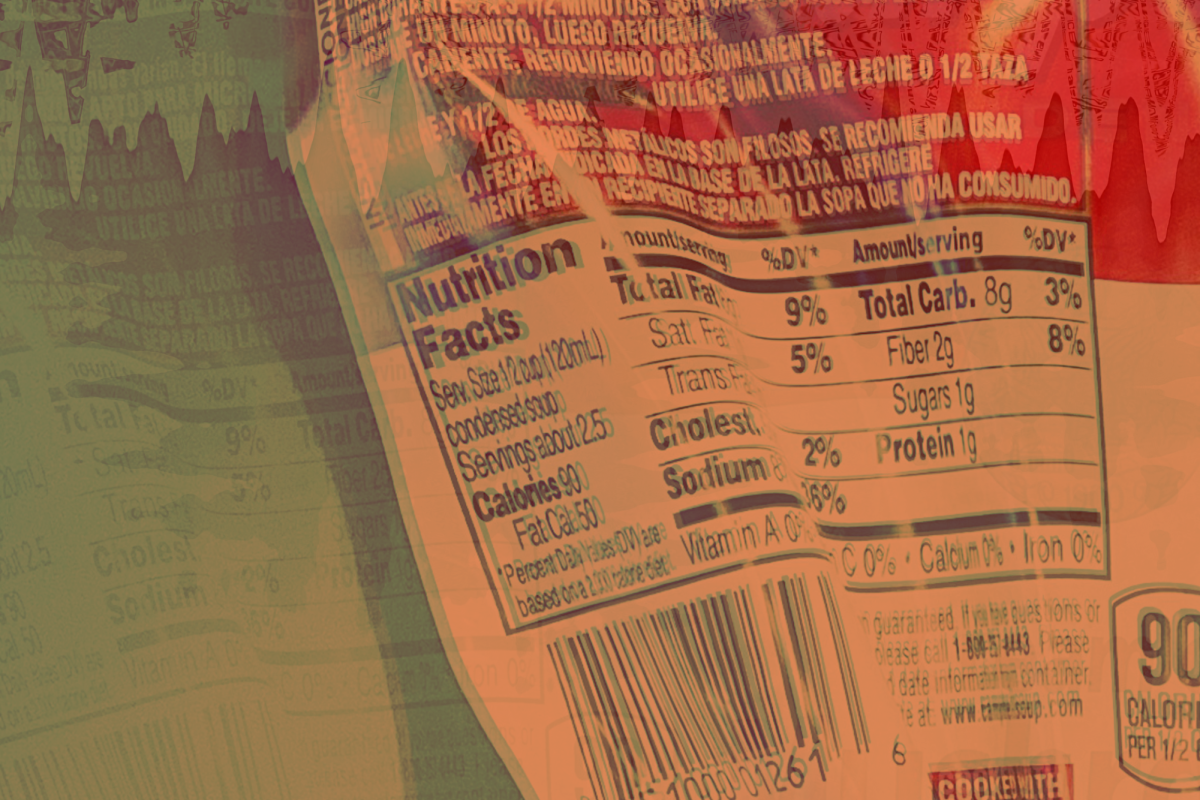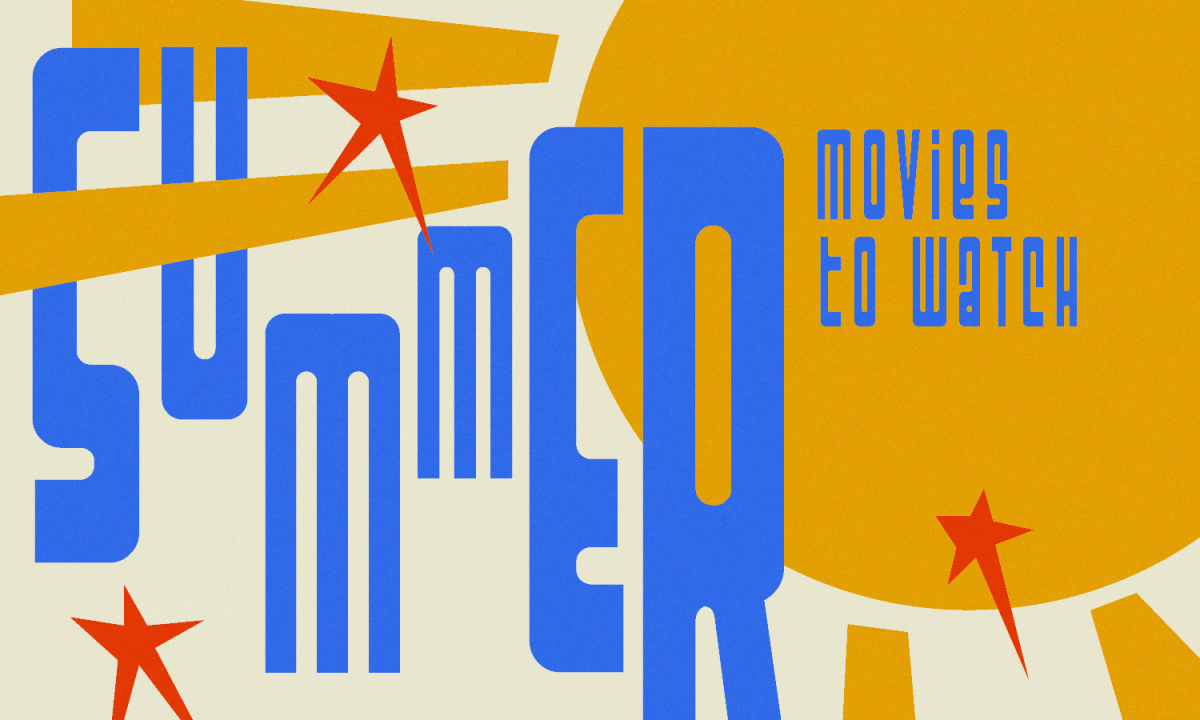
A question comes to mind: Do we as a society have the right to not feel guilty when we are buying a new jacket, a new phone case or the latest iPad as other members of our society are struggling to live? The argument is that the homeless frighten away customers at shopping malls. Once the customers are scared away, stores shut down. As stores shut down, people lose jobs. Then, ultimately, we fall into some sort of economic downfall. The entirety of this debate is based around the homeless as somehow infringing upon the rights of the more privileged. The conversation veers away from discussing the ways in which capitalism creates a stratification of the classes so that the homeless and extremely impoverished are not mere abstractions but a reality. As a homeless population built throughout the United States’ history, we began to see the rise of anti-vagrancy, anti-loitering and anti-panhandling legislation. Somehow, being exploited by the current economic system was not enough for lawmakers — you must also be punished for not having the “biological” and “psychological” capacity to keep a job. According to the Huffington Post, councilman Cameron Runyan of Columbia, S.C. said, “this problem has plagued us for a generation and a half at least” — this “problem” being the homeless. Lawmakers such as him see the homeless as a social disease, and like all diseases, they seek to heal themselves of the illness. What is remarkable though, is that they address being homeless as problem, so they criminalize it. In reality, they could end homelessness by ensuring every citizen of this country has a job and is paid a livable wage.
There are over three thousand people in Utah currently living without shelter. Of course, these are only the people who are being counted as they seek resources from places such as the Road Home. There are others who may go without resources or the ability to access them. In 2013, NPR found there were over 600,000 homeless on a given night — and the U.S. is one of the wealthiest nations in the world. The problem is not that there is not enough money to support those in need. It is not that this population is too lazy to work. The problem is that too many people walk past homeless individuals and see them as a threat. The rhetoric surrounding the homeless has switched from a population that deserves compassion, uplifting and help to a population that will rob, attack and murder if you cross them. However, the real threat is not that they are asking for money. The real threat is that people are too comfortable in their world of luxury, excess shopping and self-indulgence to recognize the need for critical transformation.
[email protected]











Buddy Zuckerman • Feb 4, 2014 at 5:24 pm
I am for doing good to the poor, but…I think the best way of doing good to the poor, is not making them easy in poverty, but leading or driving them out of it. I observed…that the more public provisions were made for the poor, the less they provided for themselves, and of course became poorer. And, on the contrary, the less was done for them, the more they did for themselves, and became richer.
-Benjamin Franklin
Buddy Zuckerman • Feb 4, 2014 at 5:24 pm
I am for doing good to the poor, but…I think the best way of doing good to the poor, is not making them easy in poverty, but leading or driving them out of it. I observed…that the more public provisions were made for the poor, the less they provided for themselves, and of course became poorer. And, on the contrary, the less was done for them, the more they did for themselves, and became richer.
-Benjamin Franklin
ColoradoRob • Jan 31, 2014 at 2:38 pm
“The problem is not that there is not enough money to support those in need. It is not that this population is too lazy to work. The problem is that too many people walk past homeless individuals and see them as a threat.”
What a bunch of idealistic malarky. Mental illness and severe addictions are the two building blocks of homelessness – not a deficiency in middle-class guilt. George, you’re speaking out of ignorance. I suggest you go work with a few homeless shelters and soup kitchens for a few months. Get to know some of the regulars. You’ll start to get a feel for how outlandishly ignorantly wrongheaded this article truly is..
ColoradoRob • Jan 31, 2014 at 2:38 pm
“The problem is not that there is not enough money to support those in need. It is not that this population is too lazy to work. The problem is that too many people walk past homeless individuals and see them as a threat.”
What a bunch of idealistic malarky. Mental illness and severe addictions are the two building blocks of homelessness – not a deficiency in middle-class guilt. George, you’re speaking out of ignorance. I suggest you go work with a few homeless shelters and soup kitchens for a few months. Get to know some of the regulars. You’ll start to get a feel for how outlandishly ignorantly wrongheaded this article truly is..